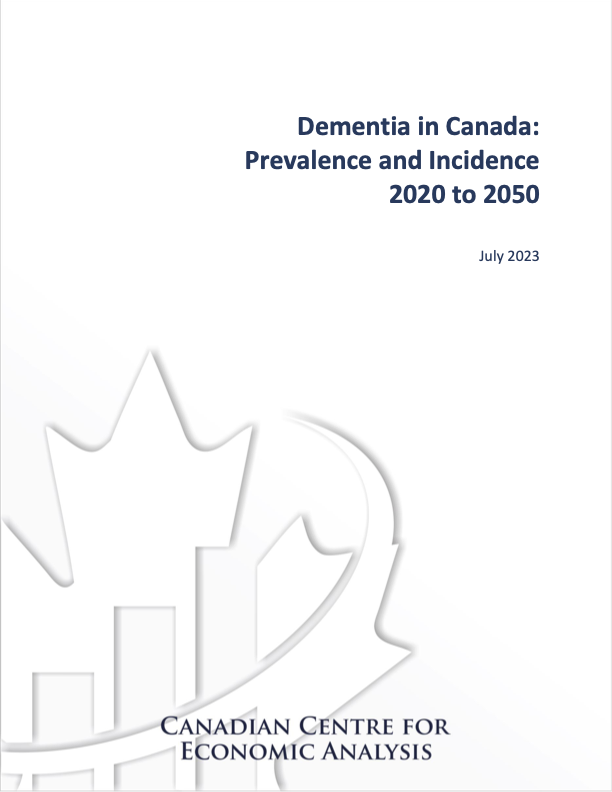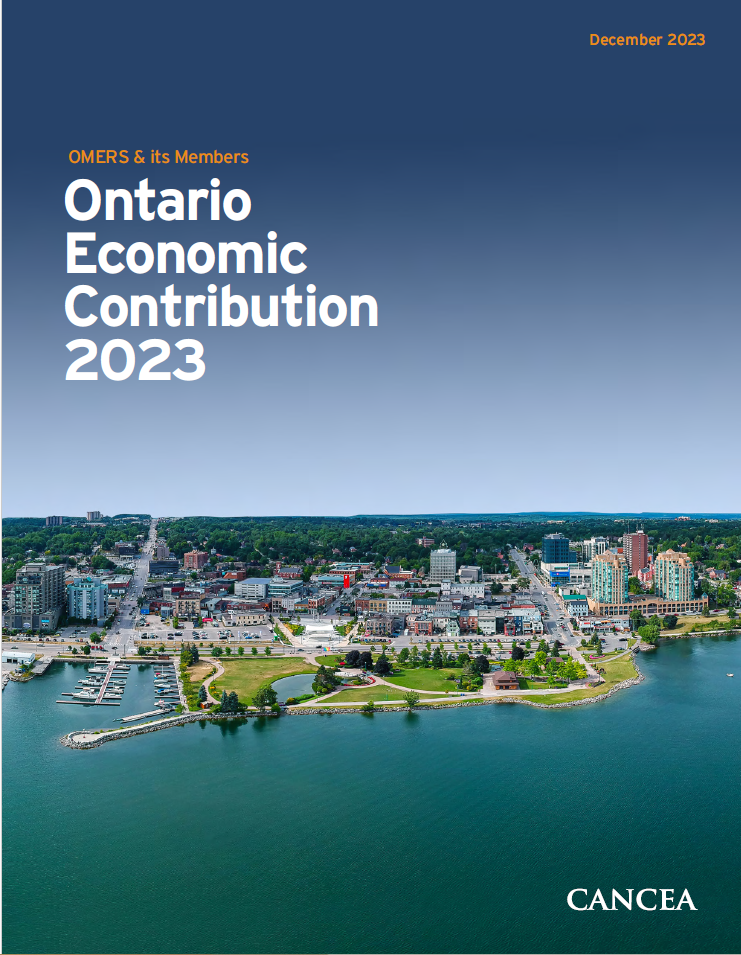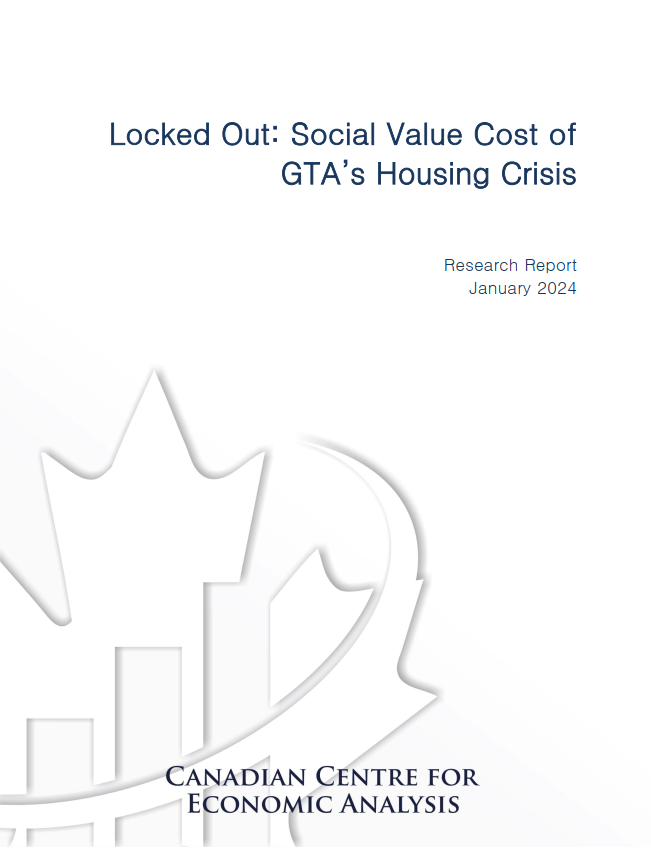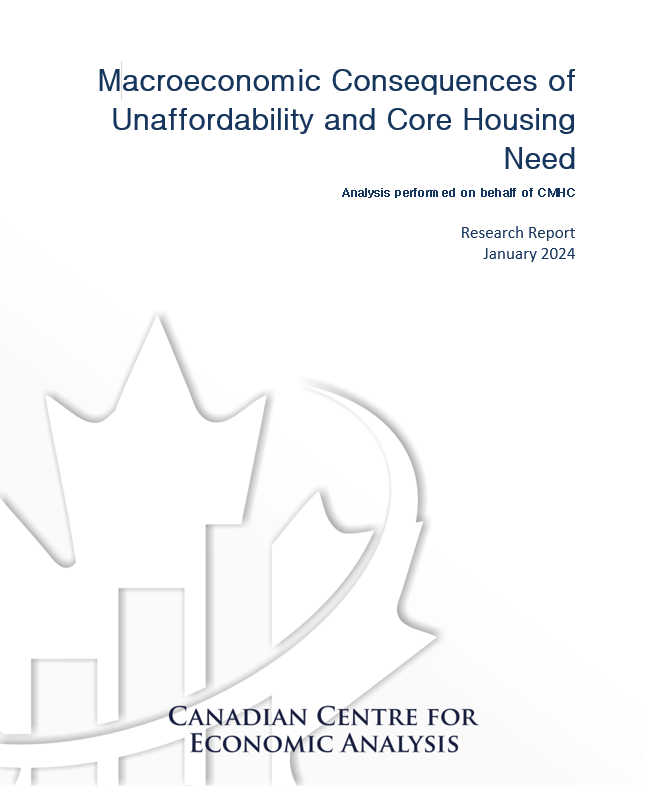The Rising Tide Report, published in 2008, shed light on the challenge of dementia and its long-term impact on healthcare, caregivers, and the economy. This updated report reexamines the analysis with new data on dementia prevalence, incidence, and the influence of ethnicity in Canada.
Dementia is projected to triple in Canada over the next 30 years, with nearly 1.6 million individuals living with the condition by 2050. Annual new cases are expected to exceed 276,000, with over 60% affecting women. Delaying the onset of dementia by just one year could prevent close to half a million new cases in the coming decades. Informal caregiving plays a vital role, and the number of caregivers is estimated to reach over 1.3 million by 2050, providing approximately 1.4 billion hours of care annually. Early interventions and support systems can alleviate the caregiving burden.
The report also explores the impact of ethnicity on dementia. By 2050, the representation of Asian immigrants within the dementia population is projected to triple, while individuals with African origins are anticipated to more than double. Understanding and addressing the unique needs of diverse populations is essential in dementia care.
Provincial differences exist, with faster-aging provinces such as Alberta, Ontario, and British Columbia facing higher dementia prevalence. Even slower-growing provinces like the Atlantic Provinces will experience a significant increase in dementia cases.
This updated analysis underscores the urgent need to address the growing burden of dementia in Canada. Early interventions, risk reduction strategies, support for caregivers, and tailored approaches for diverse populations are crucial. By implementing these measures, we can improve the lives of those affected by dementia and enhance overall well-being across the country.











